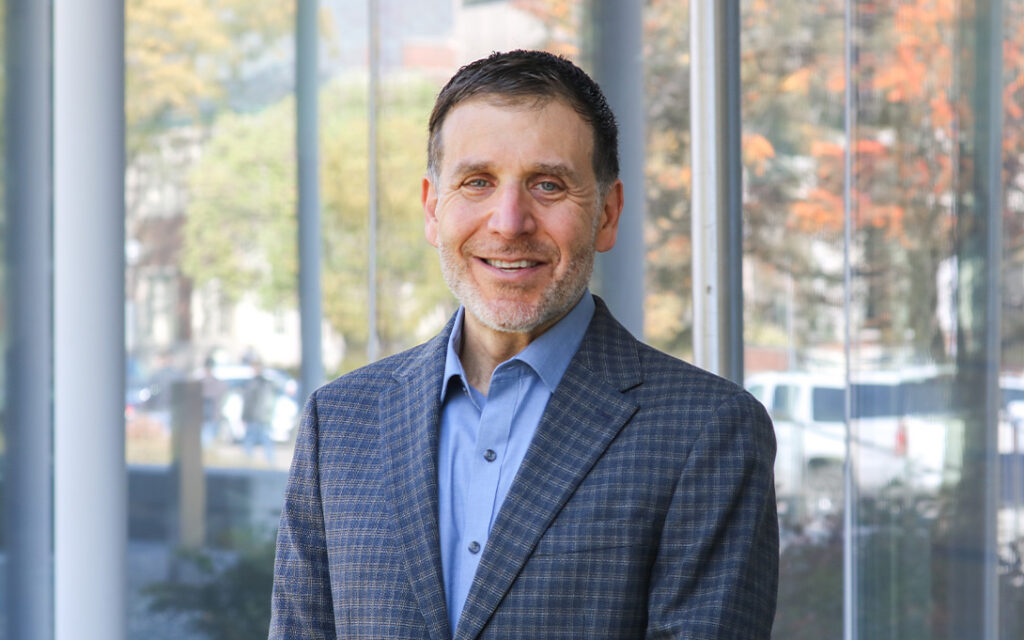Jeffrey Morenoff co-founded the Detroit Metro Area Communities Study in 2016. The longitudinal survey provides valuable insights into the perceptions and attitudes of people who live and work in Detroit. Detroit Mayor Mike Duggan sought Morenoff’s expertise to investigate if and how the 2020 Census undercounted Detroit’s population.
-
June 30, 2023
Detroit’s 16% unemployment rate driven by labor force rebounders
Sixteen percent of Detroit residents in the labor force were unemployed as of March 2023, according to the latest survey from the University of Michigan’s Detroit Metro Area Communities Study. The latest unemployment estimate essentially holds steady from the previous DMACS estimate in August 2022. Detroit’s unemployment peaked at 43% at the beginning of the COVID-19 pandemic and remains higher than the estimated pre-pandemic unemployment rate of 8%.
-
March 30, 2023
Detroiters’ views on reparations connected to perception of racial wealth gap, other inequality
Among the 73% of Detroiters who believe the average Black person is worse off than the average White person in terms of income and wealth, 71% support reparations and 75% say policies that address racial inequality should be a high priority. Among the 14% of Detroiters who believe the average Black person is equally well off as the average White person, 38% support reparations.
-
November 2, 2022
Candidate support for reparations would mobilize Detroit voters
In addition to affecting voter turnout in upcoming elections, a reparations policy may also shape which candidates voters support. The majority of Detroiters who said they will “definitely” or “probably” vote in the upcoming election said a reparations policy was an important factor in who they will support.
-
February 3, 2022
Detroit unemployment rate sits at 20%
Nearly one of every four parents who are not in the labor force (23%) reported they stopped working within the past year—three times the rate of other Detroiters who are out of the labor force.
-
February 3, 2022
Black Michiganders: Key findings from U-M Poverty Solutions
A representative survey from U-M’s Detroit Metro Area Communities Study demonstrates that Black Detroit residents adopted these safety measures earlier than other groups. While 59% of Black residents were wearing masks at that point in the pandemic, only 38% of white residents and 35% of Latino residents were doing so.
-
June 30, 2020
Unemployment remains steadily high in Detroit
Survey results suggest that many families are struggling with rising costs and food shortages. Sixty-five percent of Detroit households report spending more at the grocery store in the last month, while 71% of those who report not having enough to eat in the past week point to the prohibitively high cost of food as a cause of their insecurity.
-
April 27, 2020
U-M survey: 1 in 5 Detroiters will be out of money in 3 months because of COVID-19
The survey found Detroiters are most concerned about being able to care for family and friends and getting the health care they need during the coronavirus pandemic, even more so than having a place to live and access to transportation.
-
November 9, 2018
Survey asks Detroiters about housing, employment, mobility and race relations
The majority of Detroiters either know someone who has been evicted from their home during the past year or have been evicted themselves, and an even larger number of Detroiters know someone who has lost a job in the past year or have lost one themselves.


